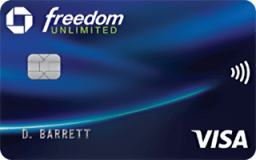Opening a bank account should be a top financial priority for everyone, including people who have immigrated to the U.S. Access to banking helps develop good financial habits and avoid high fees from alternative financial services. Immigrants — including those without documentation — have the same banking rights as U.S. citizens, though there may be some limitations and exceptions to services.
Be aware that federal law prohibits banks from discriminating based on national origin or immigration status during the application process. However, they usually need to verify your basic information, requiring documents and identification. Understanding your banking rights and financial services ensures you can access the financial services you need.












